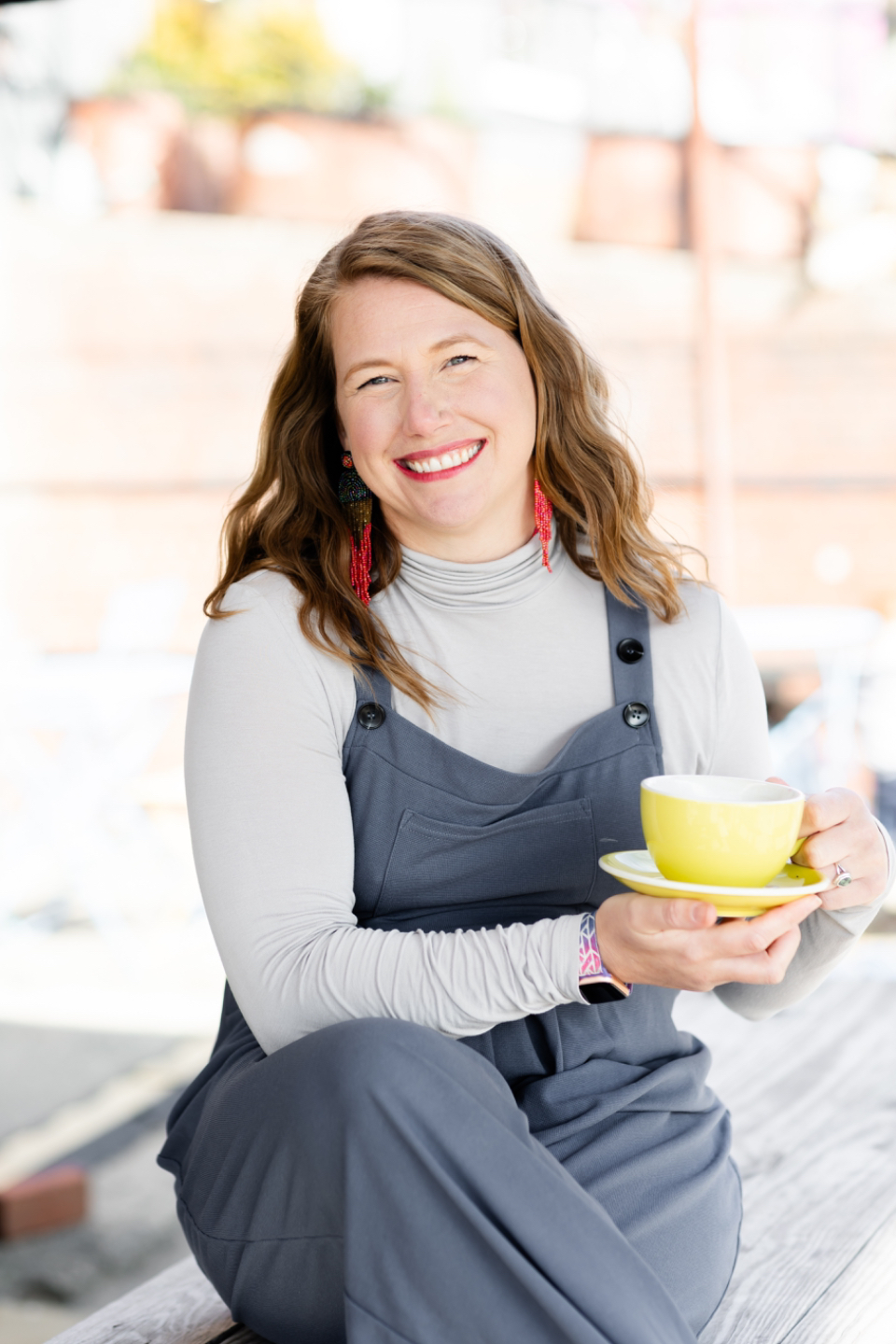The Low Demand Reset
Reflect, Release, Realign
The Low Demand Reset is my free gift to you as we transition from one year to the next. It’s designed to help you gently reflect on the past year, release expectations and demands that no longer serve you, and realign with what truly matters. This mini-course is filled with grounding practices and simple tools I use myself to close the year with intention and compassion. Let this guide bring you clarity, peace, and hope as you step into the new year.
Download the Workbook
Your Low Demand Reset Workbook is here! This gentle, reflective guide is designed to help you release the weight of the past year, rediscover what truly matters, and step into the new year with clarity and compassion. Packed with journaling prompts, practical exercises, and low-demand strategies, this workbook will support you in creating a vision for the year ahead that aligns with your values and your family’s needs.
This version is sized for printing, reading on a computer screen, or on a tablet.
Download the Workbook

Grab the Phone Version
Same workbook, resized for best reading on your phone screen. Not great for printing or computers, but perfect for on-the-go.
Download the Phone Version
Video 1
Reflection with Compassion, Honesty, and Hope:
A Low Demand Way to Close the Year
In this first video in our Low Demand Reset mini-course, we explore together the power of reflection as a gentle and meaningful way to transition from one year to the next. Instead of rigid resolutions or ignoring the process altogether, we embrace a practice rooted in compassion, honesty, and hope.
What you'll learn:
-
Reflection is a Human Practice:
- Marking transitions with intention is an innately human tradition, but modern resolutions can feel rigid and unattainable.
- Reflection doesn’t need to be rushed—whether it’s 30 days of deep thought or a quiet hour with a cup of tea, the practice can be as gentle and low-demand as you need it to be.
-
Three Pillars of Reflection:
- Compassion: Look back with kindness, honoring the struggles, mistakes, and triumphs of the year. Acknowledge the humanity in yourself and others.
- Honesty: Embrace the complexity of what truly happened without binary thinking. The truth often lies in the messy, nuanced middle.
- Hope: Believe in the possibility of growth and change, not through more expectations, but by letting go and leaning into what matters.
-
Prompts for Reflection:
- What demand drops were most helpful this past year?
- Where did you feel most alive?
- What joys and griefs made up your days?
- What mattered most—and what didn’t end up mattering at all?
-
The Goal of Reflection:
- This practice is not about setting lofty goals or changing family rhythms but about becoming your fullest self.
- It’s an opportunity to unravel old stories and step more fully into your true story.
Video 2
Looking Forward with Intention and Radical Acceptance
In this video, we shift our focus from reflection to looking forward. Drawing from the richness of compassion, honesty, and hope from our backward-looking practice, we imagine stepping into the new year with intentionality. We ask what we want to leave behind, what we want to carry forward, and how we can embody radical acceptance of others while embracing ourselves fully.
What you'll learn:
-
The Traveler's Transition:
- Picture yourself as a traveler moving from one year to the next.
- Imagine what you’re wearing, what’s in your backpack, and what supports you’ll bring (e.g., a walking stick, a wheelchair, a car).
- This visualization helps create a tangible sense of readiness and agency for the year ahead.
-
Focus on Self, Not Others:
- We can’t control others, but we can embrace ourselves.
- Radical acceptance of others creates space for genuine connection, while focusing on meeting our own needs empowers us to thrive.
-
Letting Go and Carrying Forward:
- Decide what no longer serves you—expectations, roles, or stories—and leave them behind.
- Identify what you want to carry forward into the new year—values, intentions, or practices that bring meaning and joy.
Video 3
Stuck Points and Demand Drops
In this video, we slow down and reflect on the areas where we feel stuck in our parenting journey. Often, demands we struggle to drop—whether they’re fake drops, unsuccessful attempts, or too broad to manage—can keep us in cycles of frustration and disconnection. By embracing the messiness of this process, we create space to name where we’re stuck without judgment and explore ways to move forward with gentleness.
Together, we’ll identify the demands that are hardest to let go, dig deeper into what’s making them so challenging, and choose one area to focus on for growth. This practice isn’t about perfection or rushing to "fix" everything, but about cultivating curiosity, compassion, and clarity as we move toward greater alignment and ease.
What you'll learn:
-
Slow, Deliberate Reflection:
- Reject societal demands for quick, polished reflections and create space for honest, messy, and personal exploration.
-
Identifying Stuck Points:
- Reflect on areas in your parenting where you feel stuck or where demands are hard to drop (e.g., fake drops, broad demands, or unsuccessful drops).
-
Demand Drop Challenges:
- Explore fake drops (when you drop a demand without fully meaning it).
- Acknowledge drops that don’t bring ease, joy, or connection.
- Break down large demands (e.g., "school") into smaller, actionable pieces.
-
Embracing Low Demand Principles:
- Honor your pace and capacity, letting go of societal expectations.
- Accept that being stuck in one area doesn’t mean you’re failing—it’s part of the process.
-
Intentional Digging:
- Choose one area where you want to dig deeper and work toward release and alignment.
Video 4
Naming Your Deep Why: Grounding in What Matters Most
This video invites participants to transition from imaginative reflection into intentional planning for the new year. By identifying the "deep why" that grounds their decisions and choosing a focus for growth in the coming year, participants can anchor their energy in what truly matters most while letting go of unnecessary pressures. The video introduces a brain dump exercise to clear mental clutter and make space for clarity.
What you'll practice:
-
Brain Dump Exercise:
- Write down everything on your mind—tasks, worries, ideas—without filtering or judging.
- This process is not about solving or double-checking priorities but about releasing mental load onto paper.
- Reflect on what feels too much or what you want to let go of moving forward.
-
Defining Your Deep Why:
- The deep why is your grounding principle for the season—a priority that reflects what matters most in this moment.
- It’s not a single word or fixed idea but a gut sense that helps guide your decisions when competing priorities arise.
- Ask yourself, "Why does this matter most?" to uncover the underlying values driving your focus.
-
Letting Go:
- Acknowledge that some things that feel important may not be the priority right now.
- Letting go of these things doesn’t diminish their value but creates space for what matters most.
-
Naming a Low Demand Growth Focus:
- Reflect on an area of the six steps of low demand parenting where you’d like to grow:
- Naming demands
- Knowing what matters most
- Listening to children
- Dropping demands proactively
- Meeting your own needs
- Creating a vibrant family culture
- Use this focus to guide your attention and learning in the year to come.
- Reflect on an area of the six steps of low demand parenting where you’d like to grow:
Video 5
Failing Better: A Kinder Way to Set Goals for the New Year
In this video, we explore a compassionate, flexible way to set intentions for the new year. Traditional goal setting can often feel rigid and overwhelming, especially for those with a history of unmet expectations or trauma around achievement. Instead of focusing on binary success or failure, we embrace the concept of failing better—showing up for our goals with curiosity and grace, allowing for progress over perfection.
What you'll learn:
-
The Science of Seasonal Goal Setting:
- Seasonal transitions bring the opportunity to press into neuroplasticity, offering a natural window for growth and new possibilities.
- Traditional goal setting often carries baggage from past failures, high expectations, or external pressures.
-
Reframing Success and Failure:
- What if we let go of binary thinking ("success" or "failure") and practice embracing progress as a spectrum.
- “Failing better” means acknowledging small wins, learning from setbacks, and staying curious about our growth.
-
Personalizing Goals:
- We align our goals with what specifically matters most to us AND what’s in our control.
- Basically, focus on how you show up, rather than trying to make certain outcomes happen.
-
Endurance With Compassion:
- We work toward our long-term goals through incremental progress (not chasing perfection).
- Failing better gives us permission to stay in the process, even when the journey is messy and slow.
As you complete this reset...
I want to honor the courage it takes to look inward and the strength it takes to choose gentleness in a world that often demands otherwise.
Wherever you find yourself—thriving, struggling, or somewhere in between—know that this process of reflection and realignment is its own kind of progress.
Carry forward only what fuels you, and trust that you are growing into exactly who you are meant to be.

A Wish for You
May you walk slowly and gently into this new year,
Carrying only what nourishes your soul.
May you find courage in your quiet moments
And joy in the small, sacred rhythms of your real days.
May you rest when you need it,
Rise when you’re ready,
And know, always, that you are enough.

